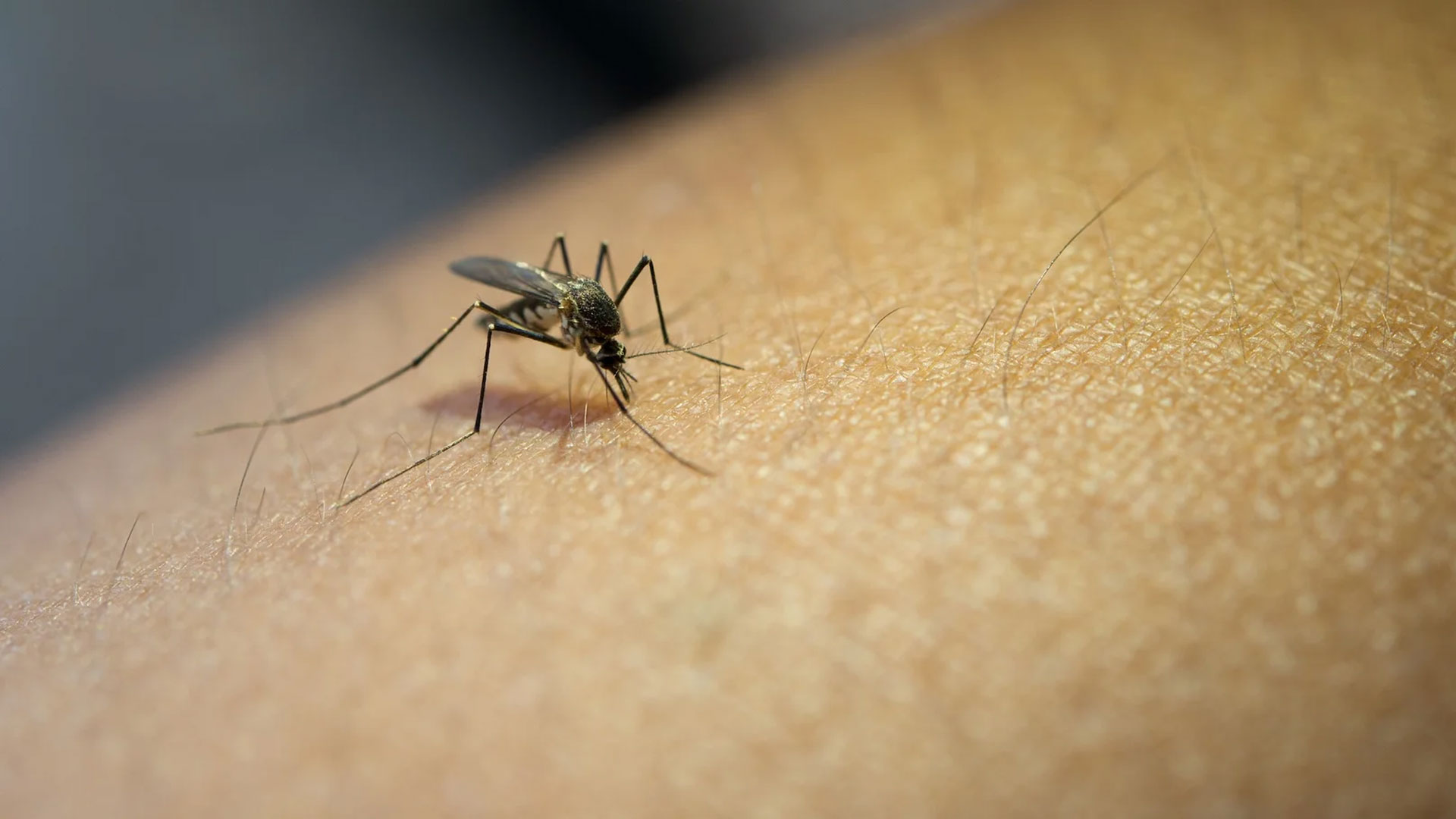
Kaynaklar
1. Teleková R, et al., Adaptation Difficulties of Children at the Beginning of School Attendance Based on the Optics of Primary School Teachers. (2023).
2. Plesko CM, Tobin K, and Gross D, Understanding the role of parents' social connectedness in children's behavioral wellbeing in low-income communities: A study protocol. (2023).
3. Eglitis E, et al., Children's Health, Wellbeing and Academic Outcomes over the Summer Holidays: A Scoping Review. (2024).
4. Singh DN, et al., Common foods for boosting human immunity: A review. (2023).
5. Ersoy N, et al., Effect of seasonal changes on nutritional status and biochemical parameters in Turkish older adults. (2018).
6. Mehrin SF, et al., Adapting an Evidence-Based, Early Childhood Parenting Programme for Integration into Government Primary Health Care Services in Rural Bangladesh. (2020).
7. Klar K, et al., Knowledge about Hand Hygiene and Related Infectious Disease Awareness among Primary School Children in Germany. (2022).
8. Schechter-Perkins EM, van den Berg P, and Branch-Elliman W, The Science Behind Safe School Re-opening: Leveraging the Pillars of Infection Control to Support Safe Elementary and Secondary Education During the COVID-19 Pandemic. (2022).
9. Kurniawan F, et al., Correlation between health status and academic achievement among elementary school students in North Jakarta. (2023).
10. Alqahtani Y, et al., Relationship between nutritional habits and school performance among primary school students in Asser Region. (2020).
















